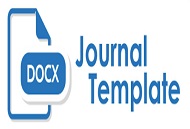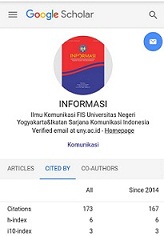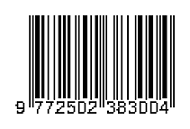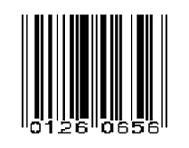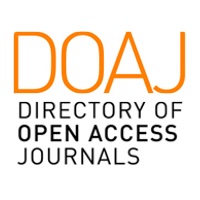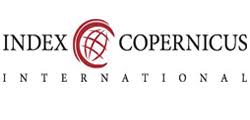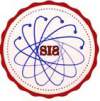The power of mass media in literature development in Indonesia
DOI:
https://doi.org/10.21831/informasi.v53i1.58637Keywords:
mass media, Indonesian literature, development of literatureAbstract
References
Bourdieu, P. (1989). The Corporatism of the Universal: The Role of Intellectuals in the Modern World. Telos, 1989(81), 99–110. https://doi.org/10.3817/0989081099
Bourdieu, P. (2002). The Role of Intellectuals Today. Theoria, 49(99), 1–6. https://doi.org/10.3167/004058102782485466
Creswell, J. W. (2014). Research Design: Qualitative, Quantitative and Mixed Methods Approaches (4th ed.). Sage Publication.
Fadilla, Q. Y., & Sukmono, F. G. (3 C.E.). Transformation of print media in the digital era: media convergence of Kedaulatan Rakyat. International Journal of Communication and Society, 1(2021), 27–38. https://doi.org/https://doi.org/10.31763/ijcs.v3i1.165
Fadillah, D., Zhenglin, L., & Long, B. (2022). Book Review: Introduction of Computational Communication by Zhang Lun, Wang Chengjun, and Xu Xiaoke. Global Media and China, 1–4. https://doi.org/10.1177/20594364221081327
Goda, H. A. A., & Abd Elmagid, I. L. (2019). Future of the news function of printed press under the competition of electronic communications: a prospective study in the period 2015-2025. International Journal of Communication and Society, 1(2), 58–67. https://doi.org/10.31763/ijcs.v1i2.41
Hawali, B. G. M., & Cyrielle, D. (2020). Review of mass media effect in inter-cultural communication. International Journal of Communication and Society, 2(2), 94–101. https://doi.org/10.31763/ijcs.v2i2.153
Hill, D. (1995). Book Reviews : Bible and Theology. The Expository Times, 106(8), 243–243. https://doi.org/10.1177/001452469510600807
Johnson, G. (2019). Qualitative Data Analysis. Research Methods for Public Administrators, 162–170. https://doi.org/10.4324/9781315701134-11
Lotan, F. F. (2019). Making a positive internet through Socmed Agawe Guyub. International Journal of Communication and Society, 1(1), 9–16. https://doi.org/10.31763/ijcs.v1i1.22
Lunenburg, F. C. (2010). Communication: The Process, Barriers, And Improving Effectiveness. Schooling, 1(1), 1–11. http://www.nationalforum.com/Electronic Journal Volumes/Lunenburg, Fred C, Communication Schooling V1 N1 2010.pdf
McQuail, D. (2014). Mass Communication. In Mass Communication. https://doi.org/10.4135/9781446262467
Putra, F. D., & Smolek, S. (2020). Peace language and conflict resolution in harmony communication. International Journal of Communication and Society, 2(2), 86–93. https://doi.org/10.31763/ijcs.v2i2.134
Rosilawati, Y., & Fadilla, Q. Y. (3 C.E.). Achmad Yurianto in the frame of online journalism pioneer in Indonesia. International Journal of Communication and Society, 1(2022), 102–114. https://doi.org/https://doi.org/10.31763/ijcs.v4i1.376
Syatila, H. (2012). Sejarah Harian Kompas Sebagai Pers Partai Katolik. Fimadani.Com.
Williamson, K., Given, L. M., & Scifleet, P. (2018). Qualitative data analysis. In Research Methods (pp. 453–476). Elsevier. https://doi.org/10.1016/B978-0-08-102220-7.00019-4
Downloads
Published
How to Cite
Issue
Section
Citation Check
License
Authors who publish with this journal agree to the following terms:- Authors retain copyright and grant the journal right of first publication with the work simultaneously licensed under a Creative Commons Attribution License that allows others to share the work with an acknowledgement of the work's authorship and initial publication in this journal.
- Authors are able to enter into separate, additional contractual arrangements for the non-exclusive distribution of the journal's published version of the work (e.g., post it to an institutional repository or publish it in a book), with an acknowledgement of its initial publication in this journal.
- Authors are permitted and encouraged to post their work online (e.g., in institutional repositories or on their website) prior to and during the submission process, as it can lead to productive exchanges, as well as earlier and greater citation of published work (See The Effect of Open Access).


